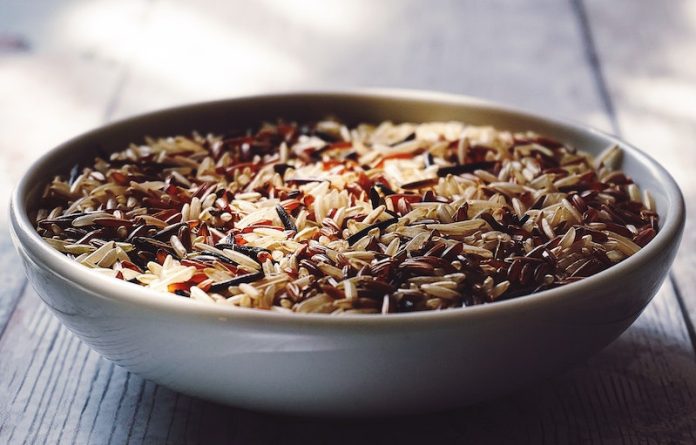
Scientists from the University of Toronto found that brown rice and white rice affects people’s diabetes risk differently.
According to the National Institute of Health, diabetes is a disease that occurs when your blood glucose, also called blood sugar, is too high.
Over time, having too much blood sugar in your blood can cause health problems, such as heart disease, nerve damage, eye problems, and kidney disease.
Rice is a whole grain that is a rich source of nutrients for any eating routine.
Compared with white rice, brown rice has the bran and germ intact, both of which are responsible for giving it its high fiber.
Recent studies have found that brown rice contains relatively higher amounts of dietary fiber, a moderate number of proteins, unsaturated lipids, micronutrients, and several bioactive compounds.
But white rice has a higher glycemic index, and this means its carbs convert more quickly into blood sugar than brown rice.
Intake of white rice has been linked to increased risk for type 2 diabetes, while findings about brown rice are conflicting.
In the current study, researchers aimed to review the evidence on white rice and brown rice with type 2 diabetes risk.
They included 19 studies in their review, which involved more than 770,000 people.
The researchers found white rice intake was associated with a higher risk of type 2 diabetes.
At intakes above ~300 g/day, a dose response was found. Each 158 g/day serving was associated with a 13% higher risk of type 2 diabetes.
On the other hand, intake of brown rice was linked to a lower risk of type 2 diabetes.
Each 50 g/day serving of brown rice was associated with a 13% lower risk of type 2 diabetes.
The team also showed an increase in high-density lipoprotein-cholesterol (‘good’ cholesterol) in people eating brown rice compared with people eating white rice.
Based on these findings, the researchers conclude that intake of white rice is linked to a higher risk of type 2 diabetes, while intake of brown rice is linked to a lower risk.
The research was published in BMJ Open and conducted by Jiayue Yu et al.
If you care about diabetes, please read studies about high vitamin D levels in the body linked to lower risk of type 2 diabetes, and green tea could help reduce death risk in type 2 diabetes
For more information about nutrition, please see recent studies that the Keto diet could benefit overweight people with type 2 diabetes, and results showing the Mediterranean diet could help reduce the diabetes risk by 30%.
Copyright © 2022 Scientific Diet. All rights reserved.








